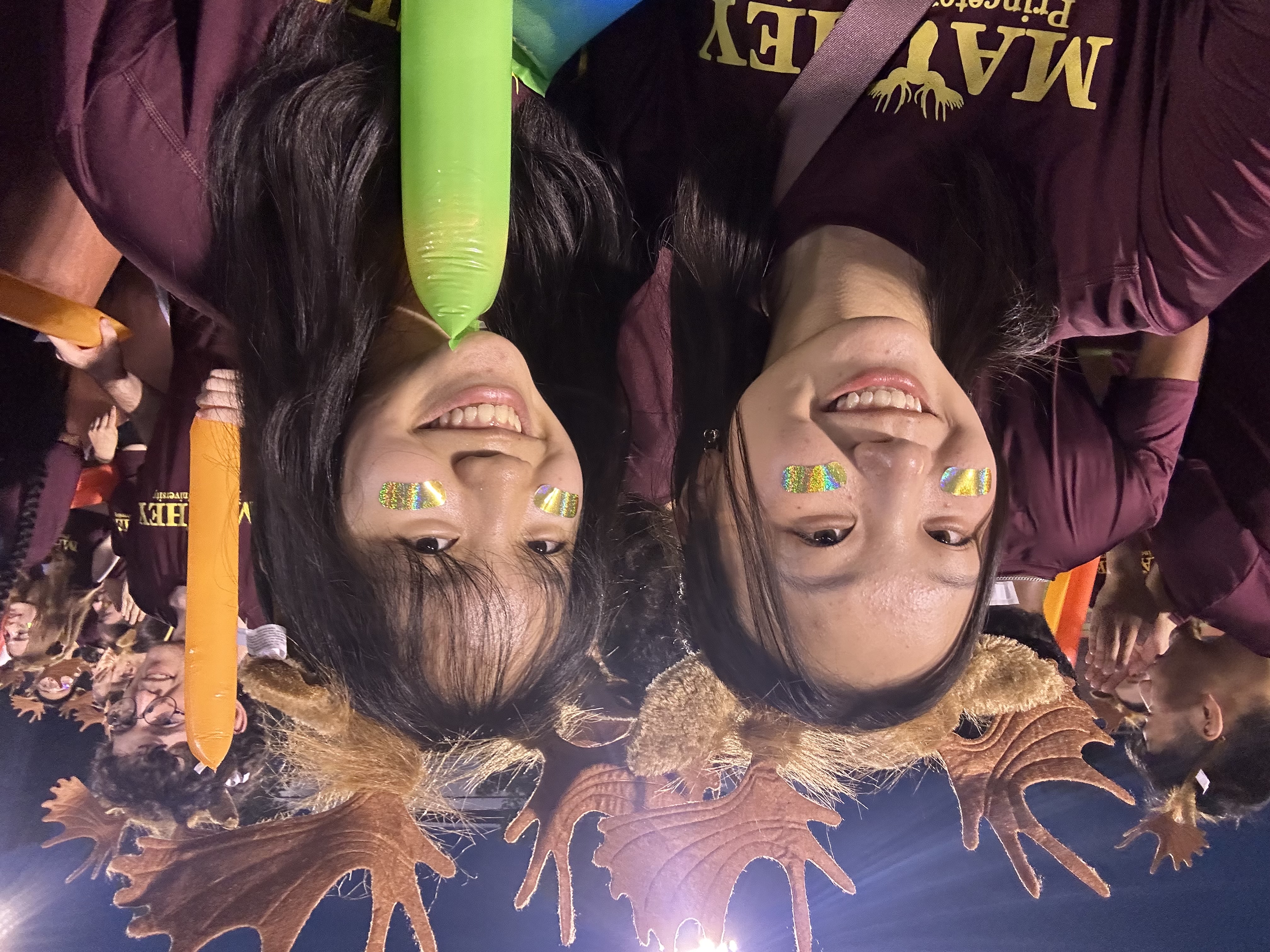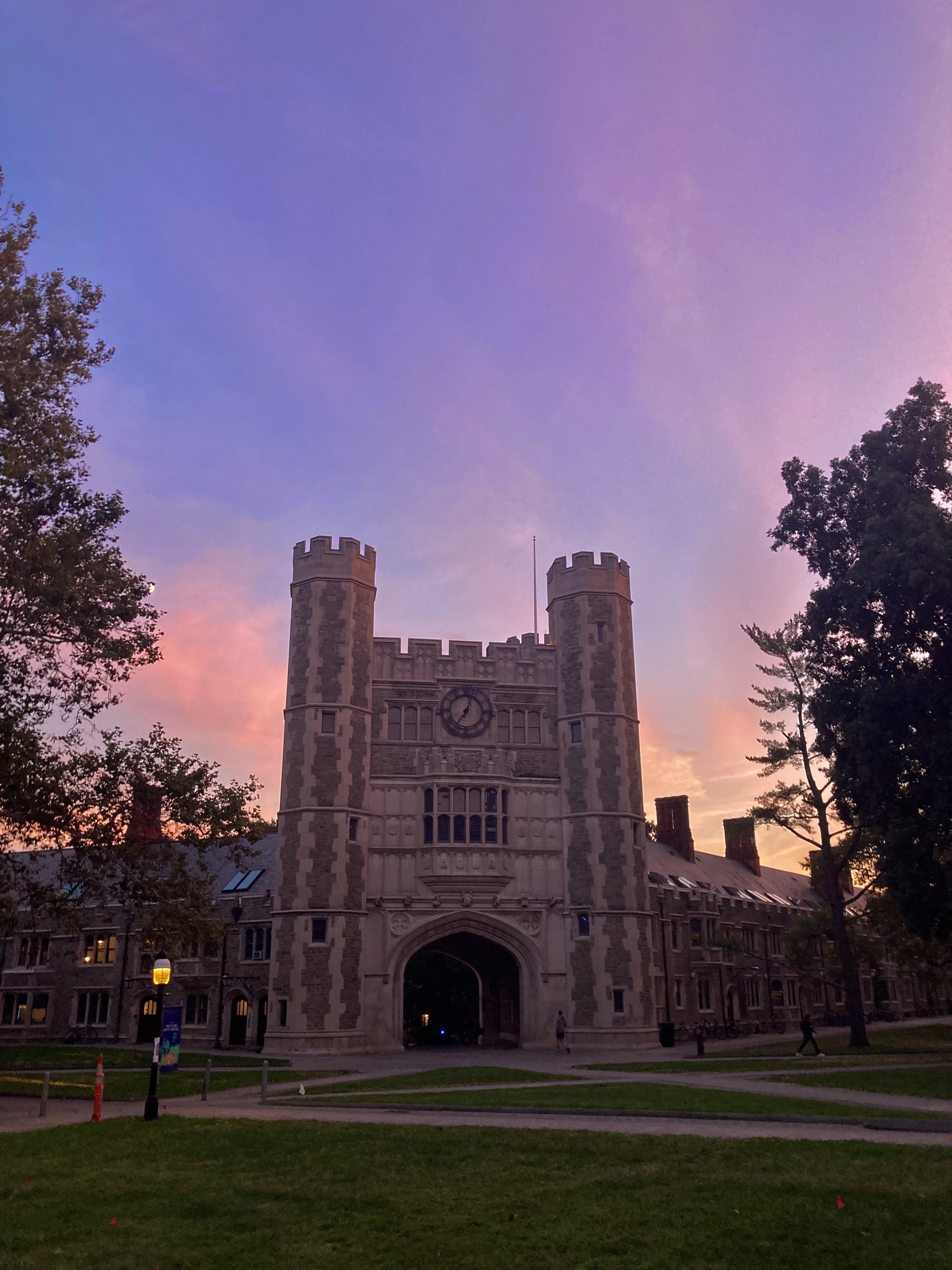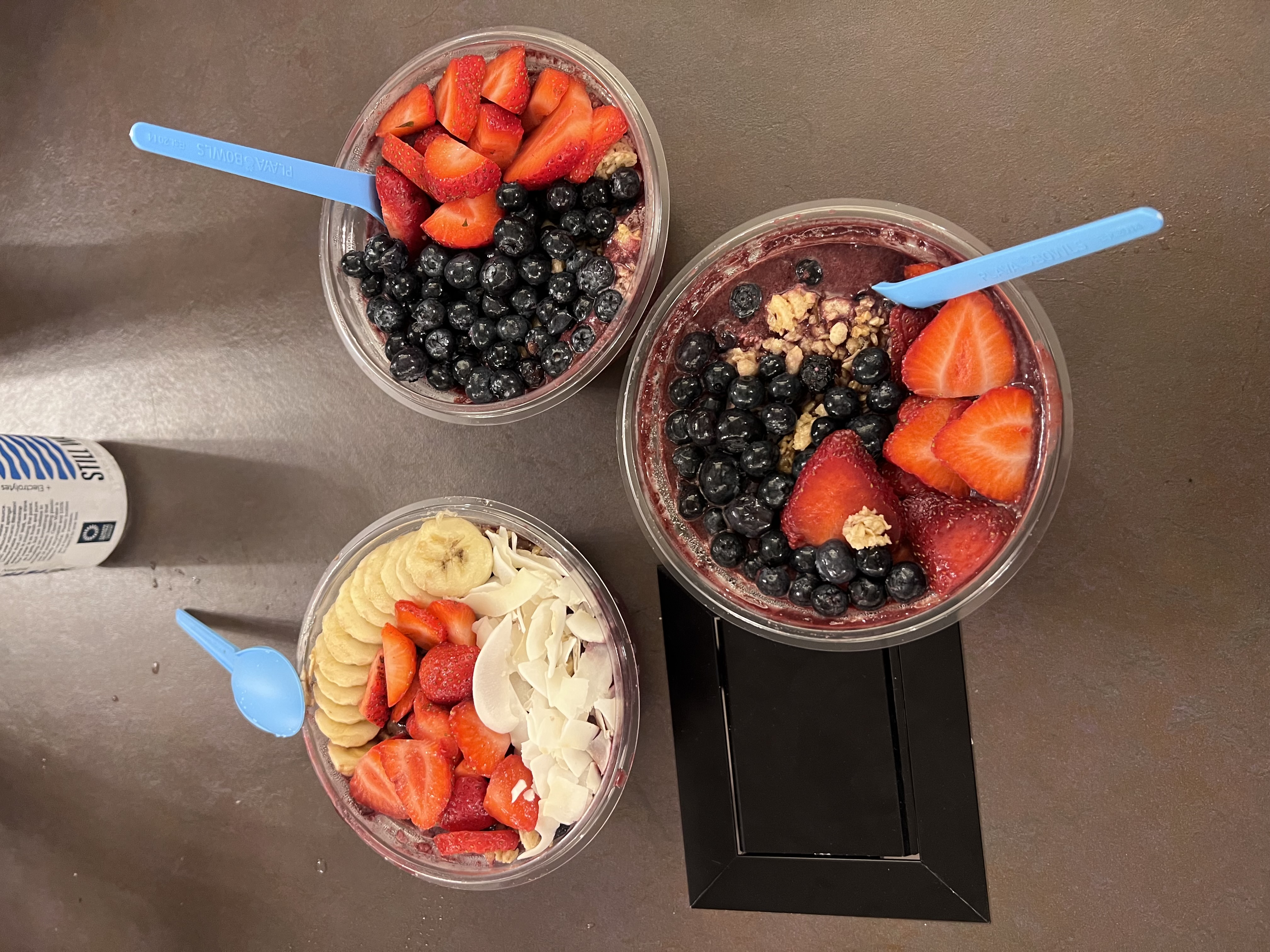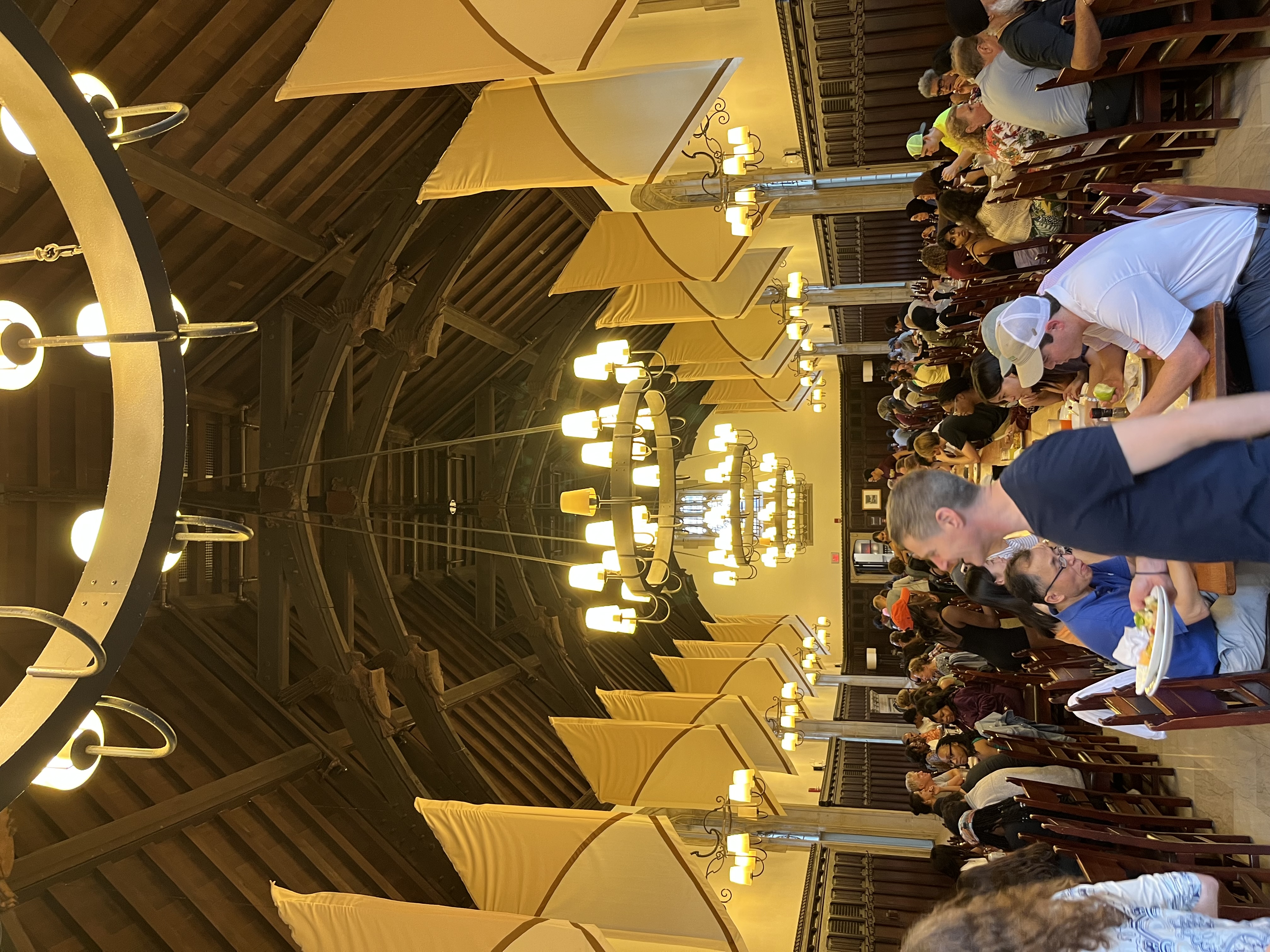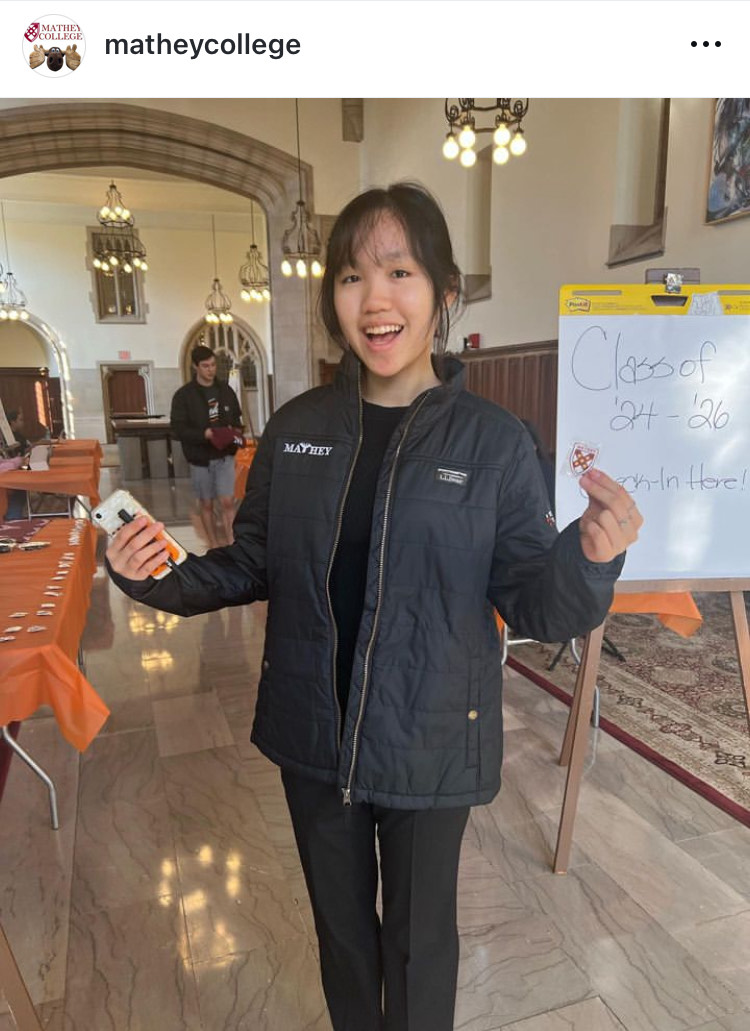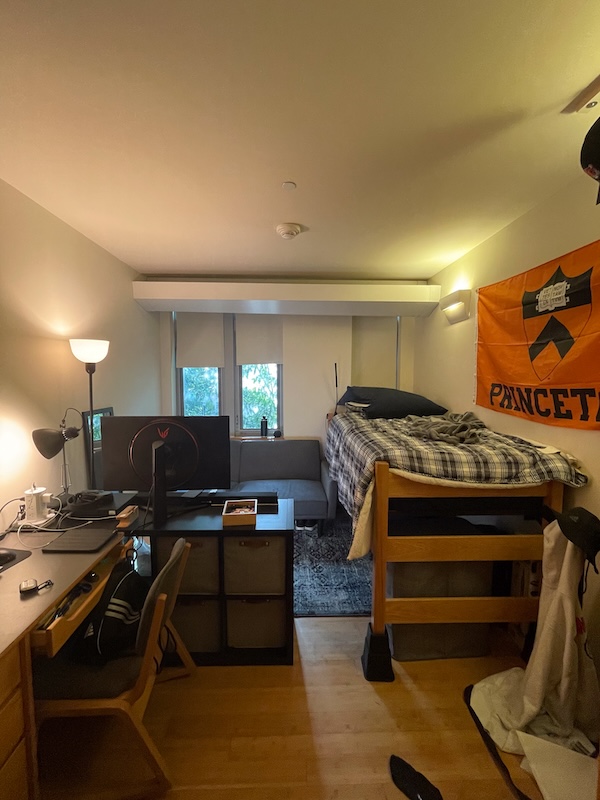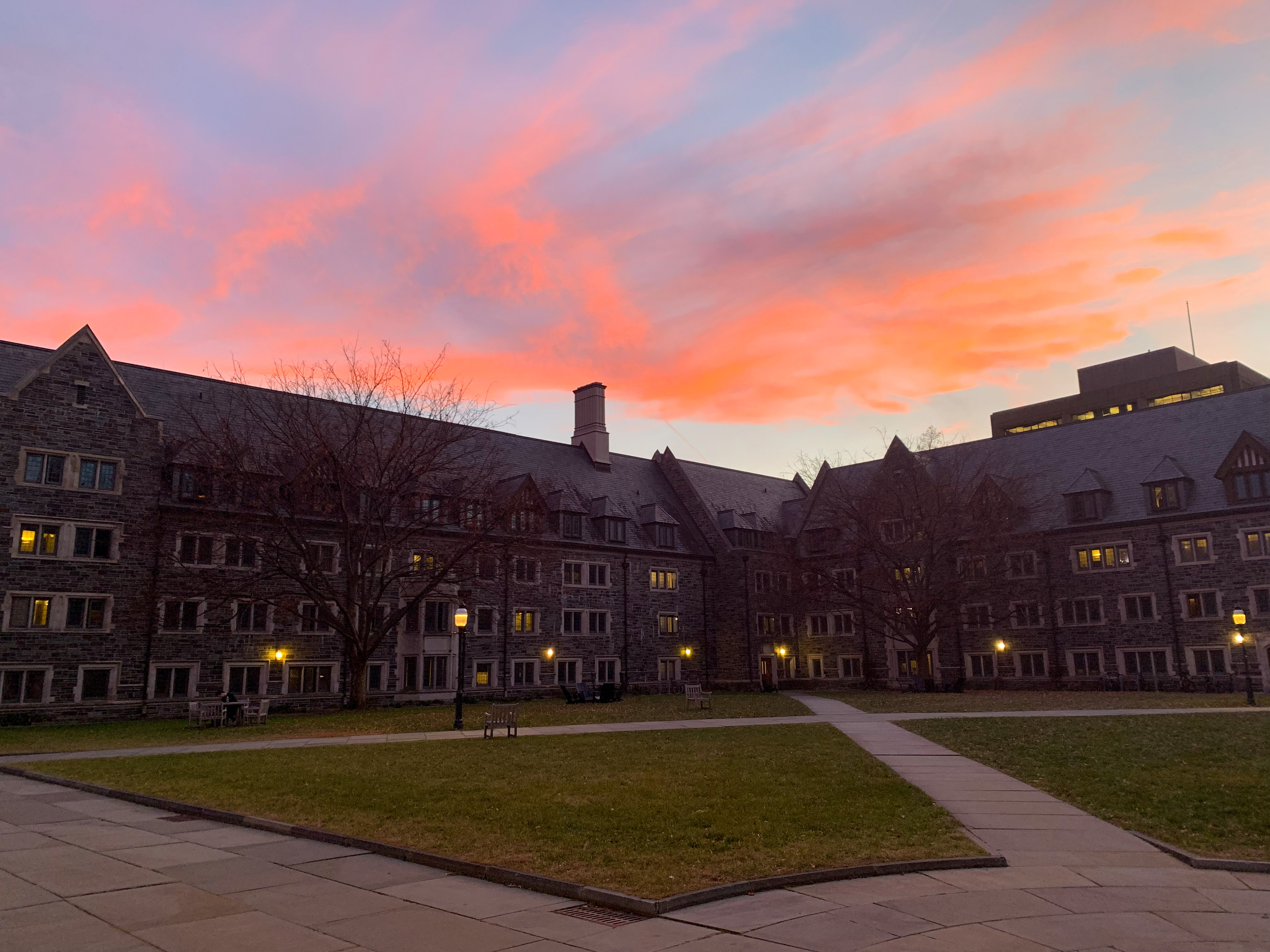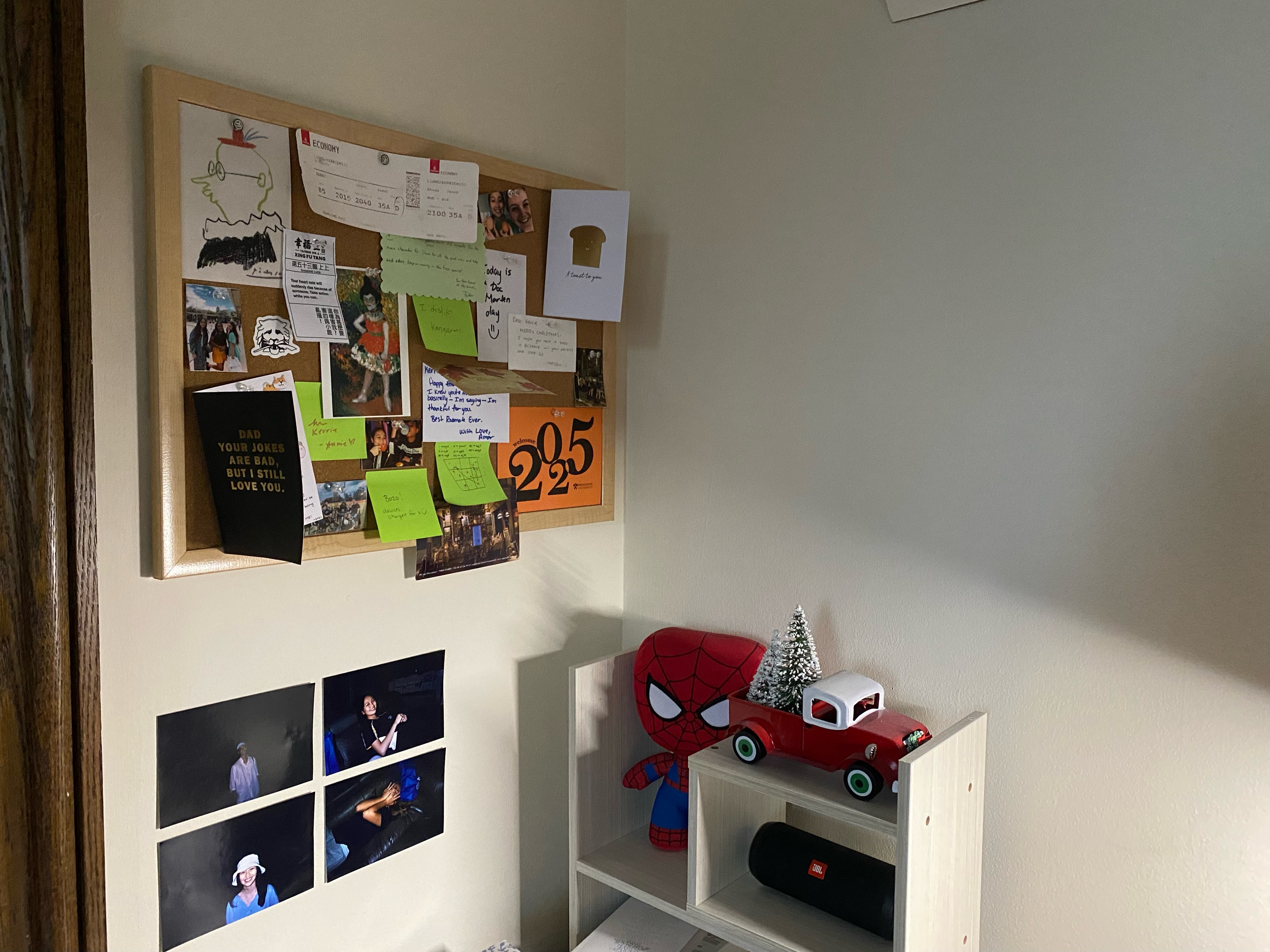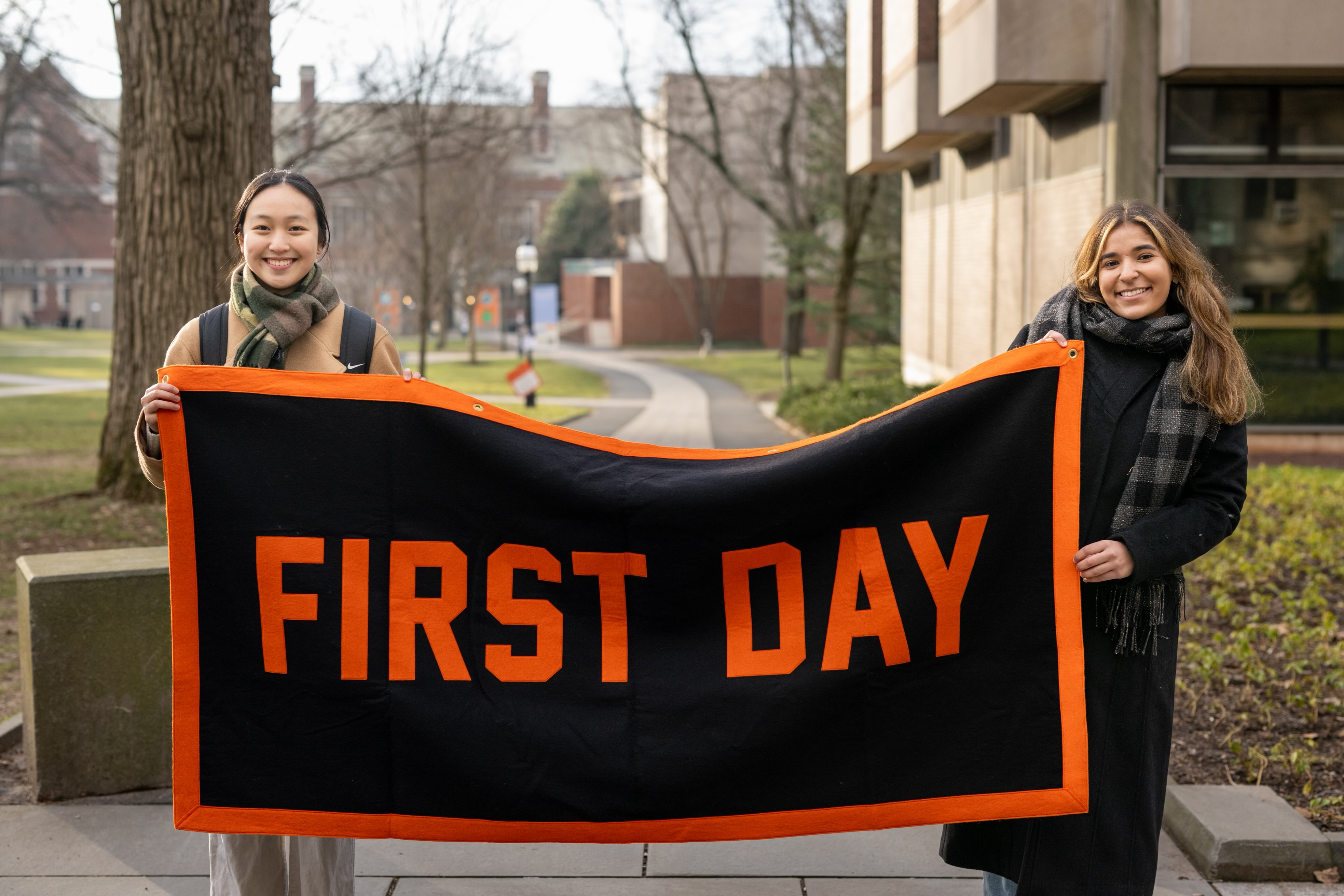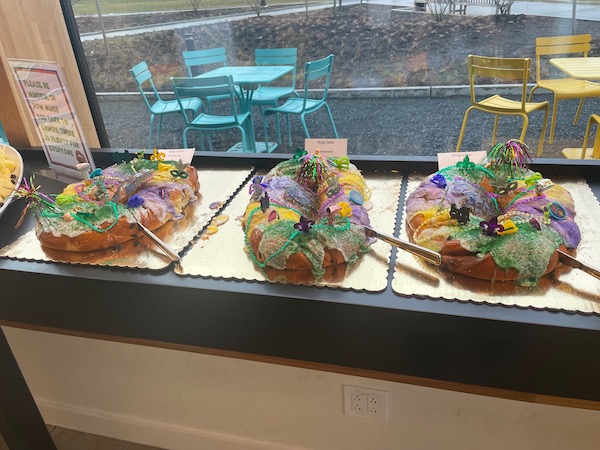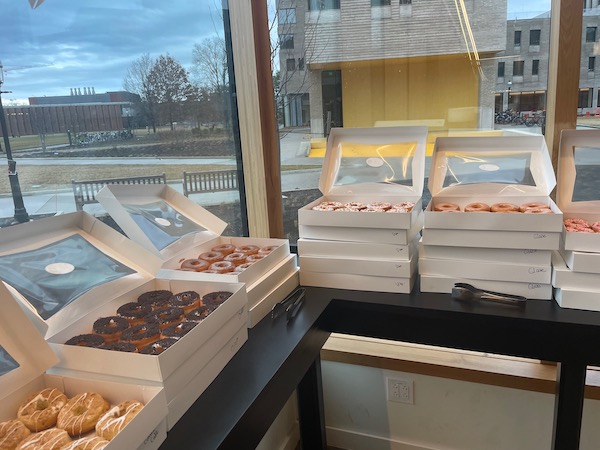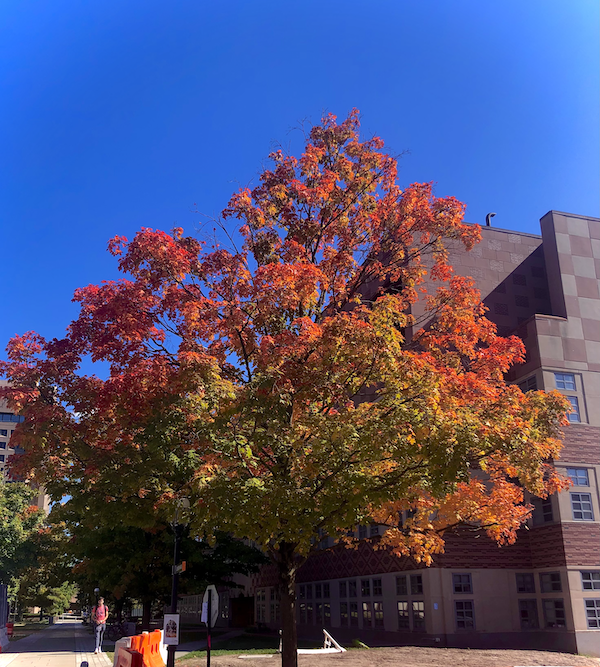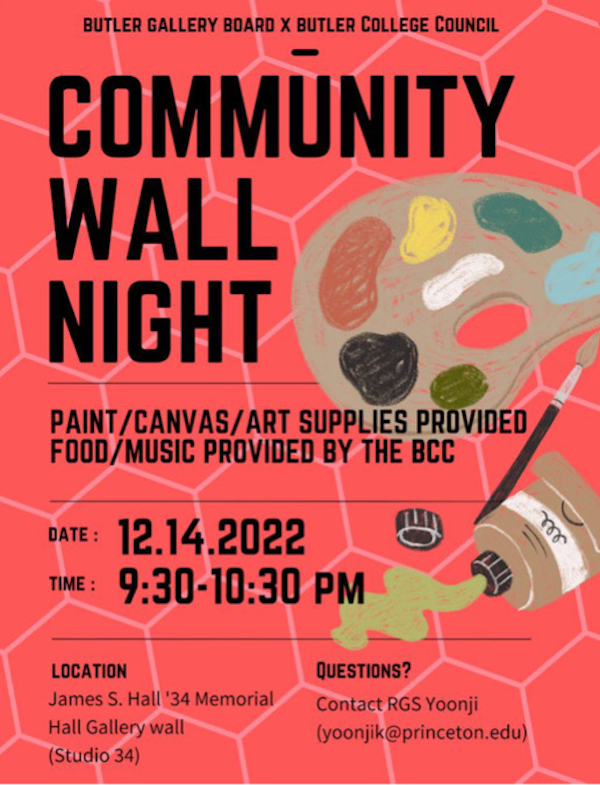I’ve lived in the same house all my life and have always had the same bedroom. Over the years, my room became somewhat of a sacred space to me — the place where I was the most comfortable. Moving into college, living — for the first time — in a space away from my childhood home, I was terrified that I’d be unable to replicate the comfort of my childhood bedroom.
However, upon arriving at Little Hall — the home of my first-year dorm within Mathey Residential College — my fears were quickly whisked away. As my mother and I unpacked half of my life into the room that would be my new home for the next nine months, a kind-eyed woman and her curly-haired daughter poked their heads into my spanking new dorm. “Hi!” the woman said. “This is my daughter, Marlie.” And with a grin from Marlie and a handshake, this new and strange building began to feel more like home. As the first few weeks of the fall semester passed, I got to know my other neighbors, and we became friends. We often exchanged complaints about the heat or our new workload as we passed each other in the hall. We’d discuss our courses as we brushed our teeth in the mornings. We’d knock on each other’s doors when we discovered a bug that was too scary to kill ourselves. Although the beginning of college was scary, living near friends put my mind at ease.
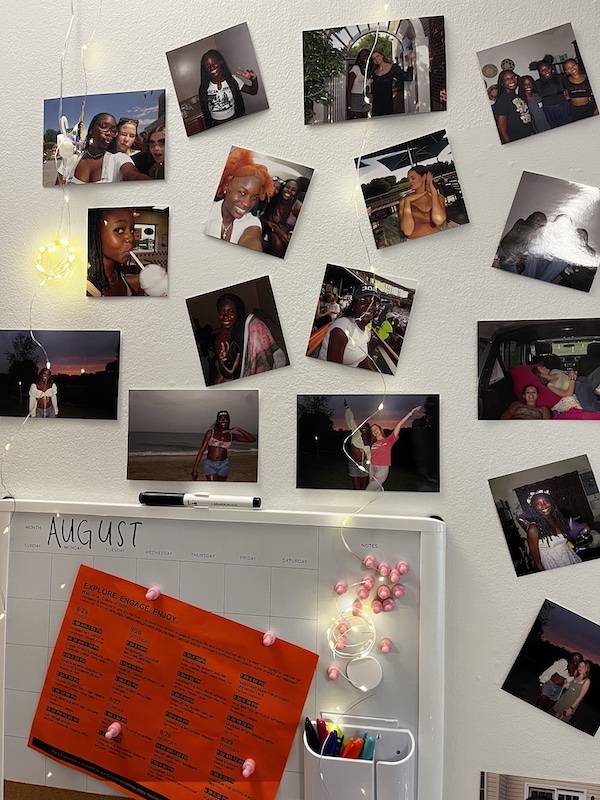
Simultaneously, I was beginning to create the creature comforts of home within my dorm room. I filled my wall with photos of friends, family, and hometown memories. I organized a bookshelf of all my favorite books. I set up a speaker where I could listen to music as I prepared for the day. I stocked the room up with all my favorite snacks. Slowly but surely, my dorm room became my favorite place to be. After a long day of classes or socializing, I was always most excited to return to my cozy dorm. I had made it feel like home.
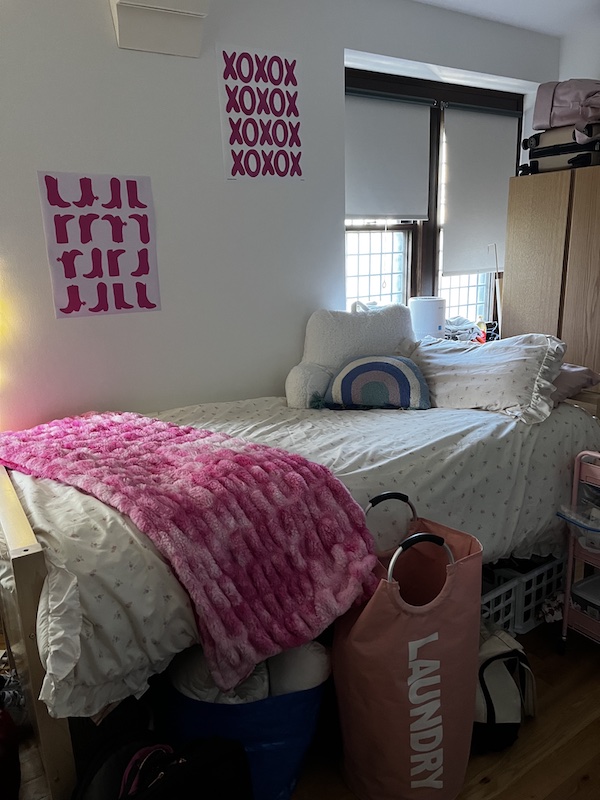
I had also learned how to manage my own space. Cleaning my room and refrigerator weekly became a fun and cathartic ritual. When I found that the lights weren’t working correctly or the door was squeaking unnecessarily, I became accustomed to seeking out the facilities resources that could remedy these problems. I learned to kill bugs by myself (a huge accomplishment for a girl with a massive fear of insects) and would host friends from out of town in my new space. I began to feel very independent.
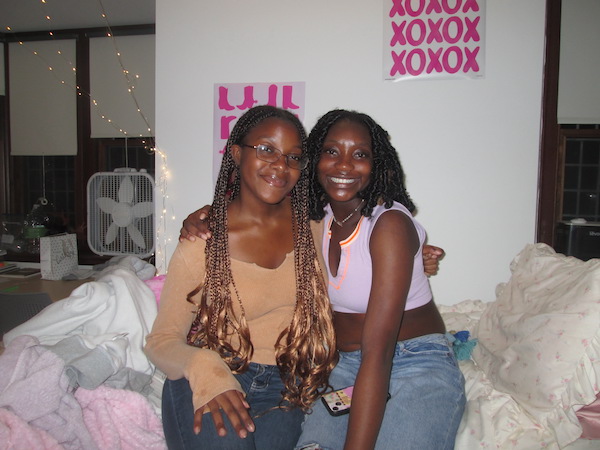
However, after the fall semester concluded, as I returned to my childhood home for a month for winter break, I worried that all of the comfort and ease I fostered would disappear by the time I returned to Princeton in January. But this was not the case. Coming back to my dorm after a month felt like coming home in a different way. All the independence, memories, and comfort I had created over the fall semester washed over me as I stepped through the door. Undeniably, my dorm room was my favorite space on campus. I looked forward to hallway and bathroom chats with my neighbors, hosting friends in my dorm, decompressing from a long day with a good movie and the comfort of my bed, releasing the week’s stress as I cleaned, and more. Saying goodbye to friends and professors at the end of the spring semester was difficult, but saying goodbye to my first-year dorm felt impossible. It had become the space where I was the most comfortable.
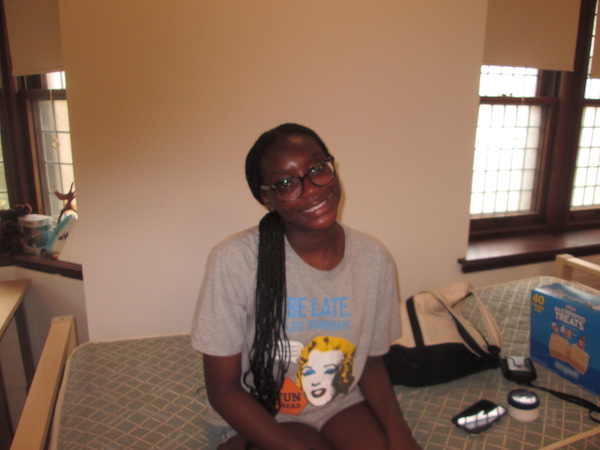
Looking back, I know now that although my first-year dorm room was indeed a magical space, what made it most memorable to me were the things I learned about myself living there. The comfort, independence, and memories I had gained residing in this space would not disappear as I moved into a new dorm the following year. They will always be a part of me. What I’ve learned now is that living in a new space allows you to become a new version of yourself, meet new people, and have new experiences. Thus, I’m genuinely ecstatic for the new magic my sophomore-year dorm will bring.







